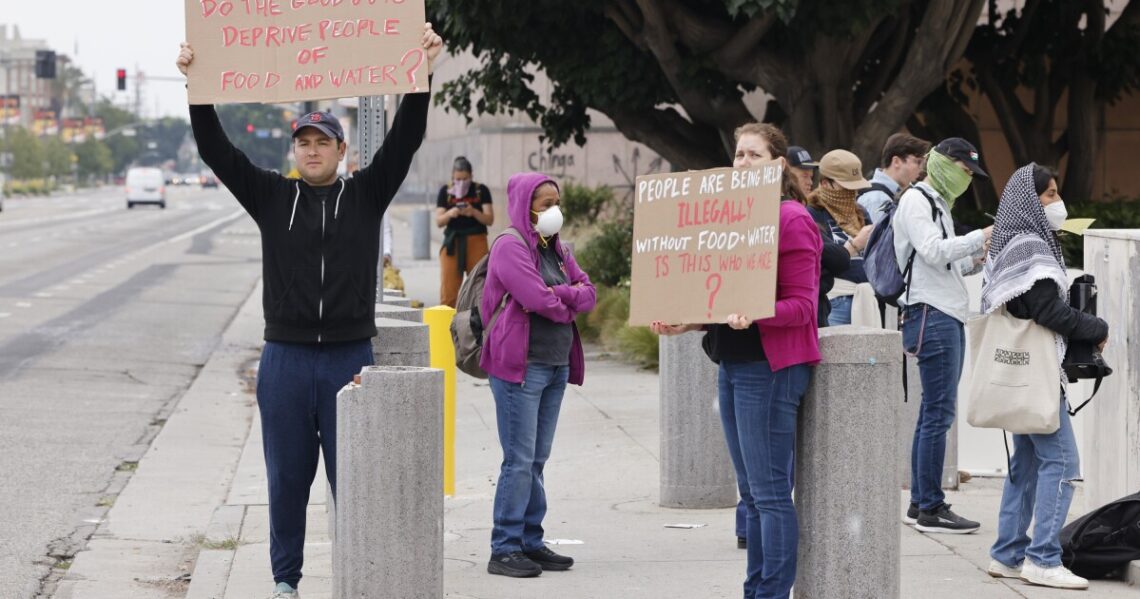President Donald Trump returned to the White House this year promising to carry out the “largest deportation operation” in U.S. history.
On Friday, federal agents conducted a series of immigration sweeps across Los Angeles in the first large-scale enforcement action under the new Trump administration. The protests in L.A. were among numerous heated encounters between U.S. Immigration and Customs Enforcement agents around the nation in recent days.
Local immigrants rights groups, which have braced for this for months, pushed back in protests marked by resistance and anger.
As top local leaders decried the arrests, White House officials promised they’d carry on more sweeps.
In light of this activity, we’re looking back at a story first published in January detailing existing rights.
The context
California is home to the largest undocumented immigrant population in the U.S. More than 12% of the state’s high school students have at least one parent who is undocumented. For these families, mass deportation represents possible long-term separation, family upheaval and the potential loss of educational opportunities.
Regardless of their immigration status, people who live in the U.S. have constitutional rights. To ensure those rights are respected during interactions with immigration agents, advocates across the country have hosted workshops, in person and online.
In a webinar held earlier this year for the Central American Resource Center (CARECEN), David Lawlor with the nonprofit’s College Legal Services Team, offered some advice to anxious college students who are undocumented or have at least one parent who is: In times of uncertainty, “focus on what you can control.”
“And one of the things you can control,” he said, “is knowing your…
Read the full article here







